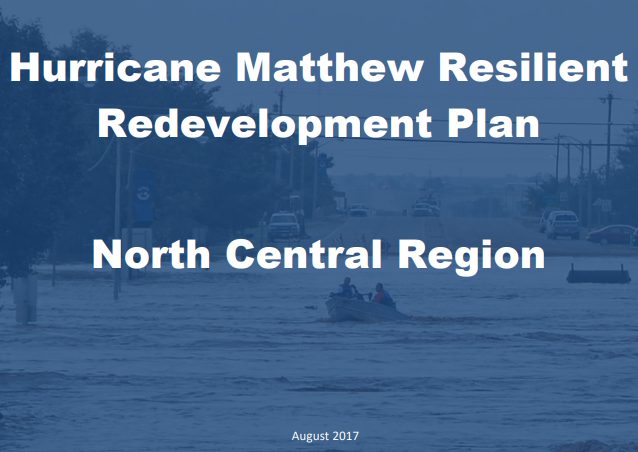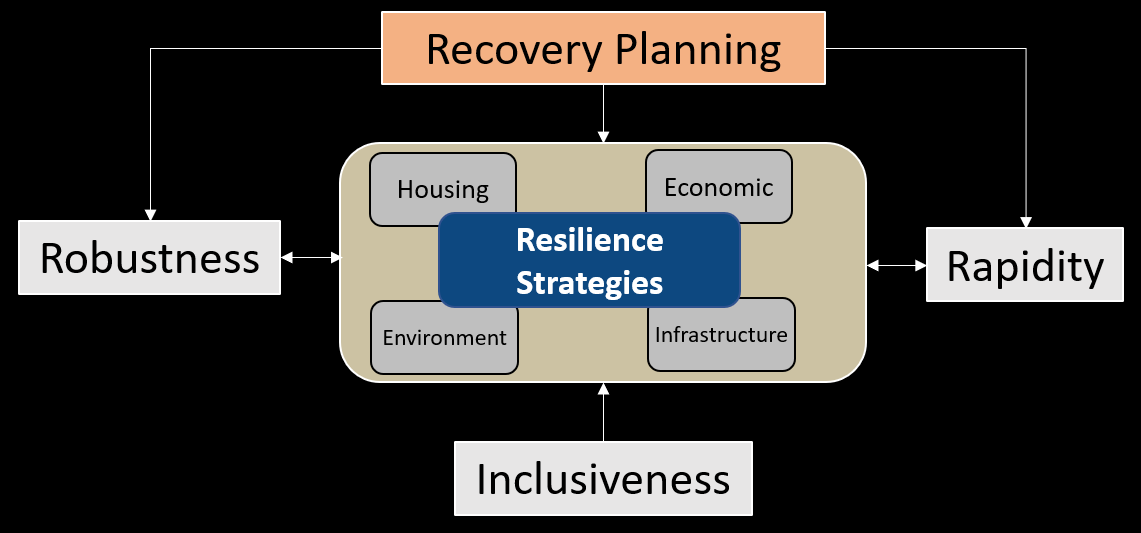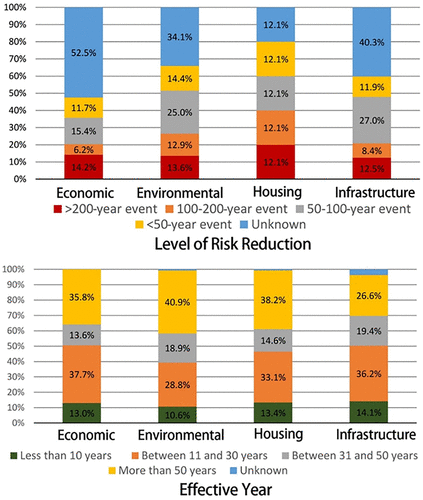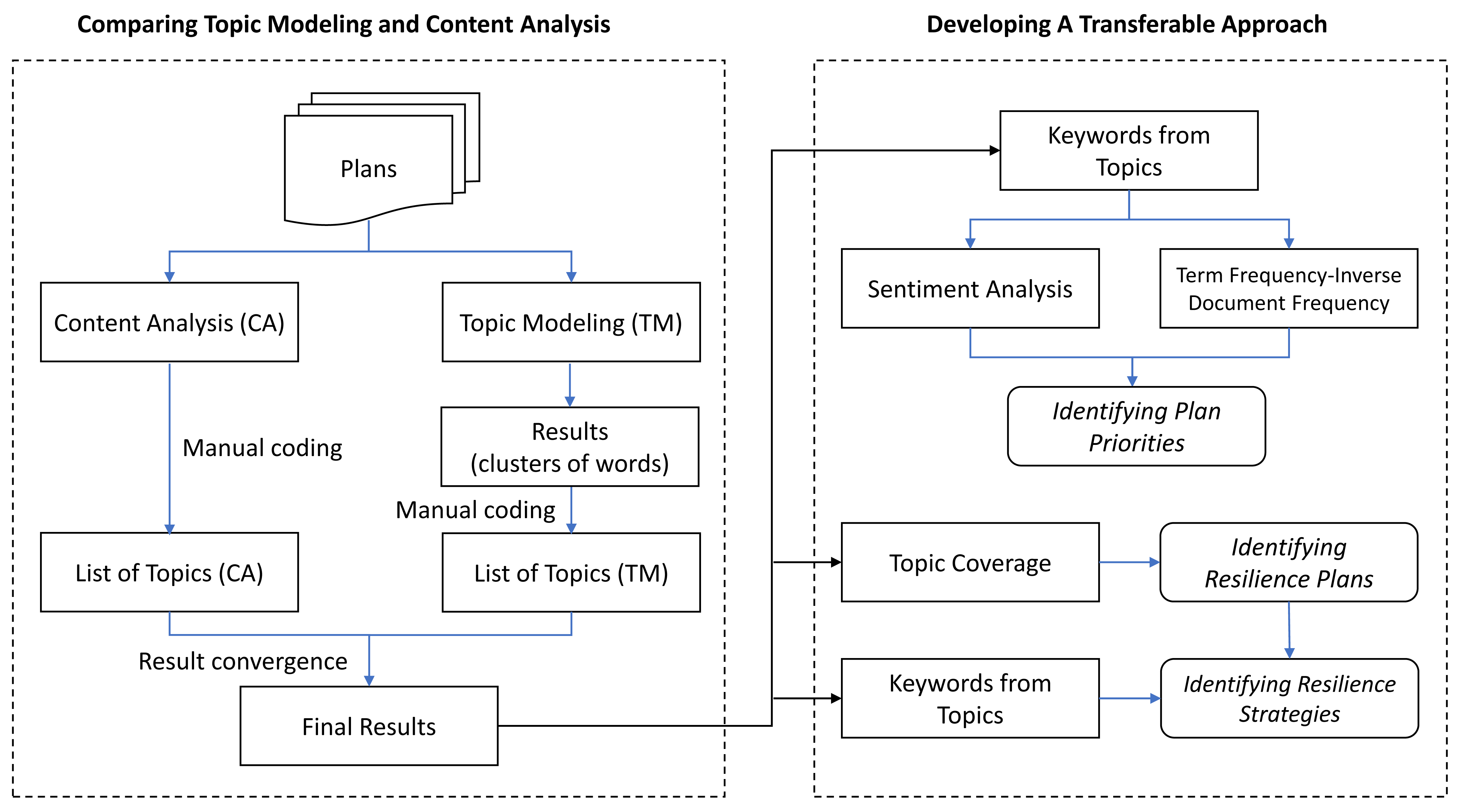Research Theme 2——Planning for Resilience
Paper 1: Prototypical Resilience Projects for Postdisaster Recovery Planning: From Theory to Action
Rebuilding communities requires an actionable approach to explicitly translate the concept of resilience into postdisaster recovery planning. Through clustering analysis using project titles and project summary, 940 resilience projects are grouped into infrastructure prototypes, economic development prototypes, housing prototypes, and environmental prototypes among the Hurricane Matthew Resilient Redevelopment Plans. This research evaluated the characteristics of all prototypes based on the robustness-rapidity-inclusiveness framework. It also assessed the economic and environmental impacts, community involvement, and governance of identified prototypes. By posing a series of questions for practitioners, this research is a starting point for practitioners to build resilience in postdisaster recovery planning.
Keywords: Postdisaster recovery planning, Resilience strategies, Plan evaluation, Natural language processing, Clustering analysis




Paper 2: Using Natural Language Processing to Read Plans: A Study of 78 Resilience Plans From the 100 Resilient Cities Network.
- Problem, research strategy, and findings: Reading plans is essential for planners for revising current practice and learning new knowledge. However, planners may struggle to find time to read and study lengthy planning documents, especially when there are increasingly more of them, such as emerging climate change plans and urban resilience plans. Recently, natural language processing (NLP) has shown promise in processing big textual data. We ask whether planners can use NLP techniques to more efficiently extract useful and reliable information from planning documents. By analyzing 78 resilience plans from the 100 Resilient Cities Network, we find that results generated from topic modeling, which is an NLP technique, coincide to a large extent (80%) with those from the conventional content analysis approach. Topic modeling is generally effective and efficient in extracting the main information of plans, while the content analysis approach can find more in-depth details but at the expense of considerable time and effort.
Take away for practice: NLP represents a valuable addition to the planner’s toolbox: topic modeling coupled with other NLP techniques can help planners to effectively discover key topics in plans, to identify planning priorities, to identify plans of specific emphasis, and to find relevant policies.
- Keywords: plan evaluation, natural language processing, machine learning, urban resilience

 \
\
